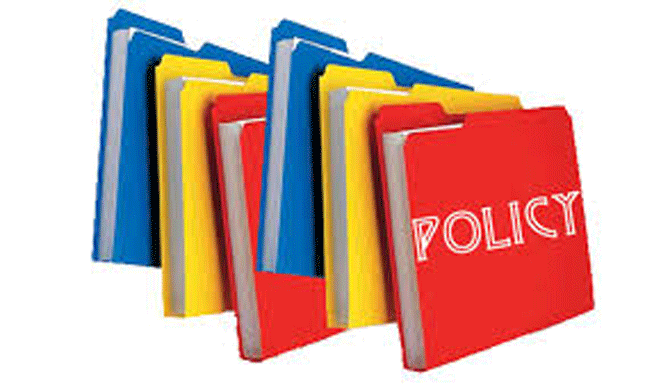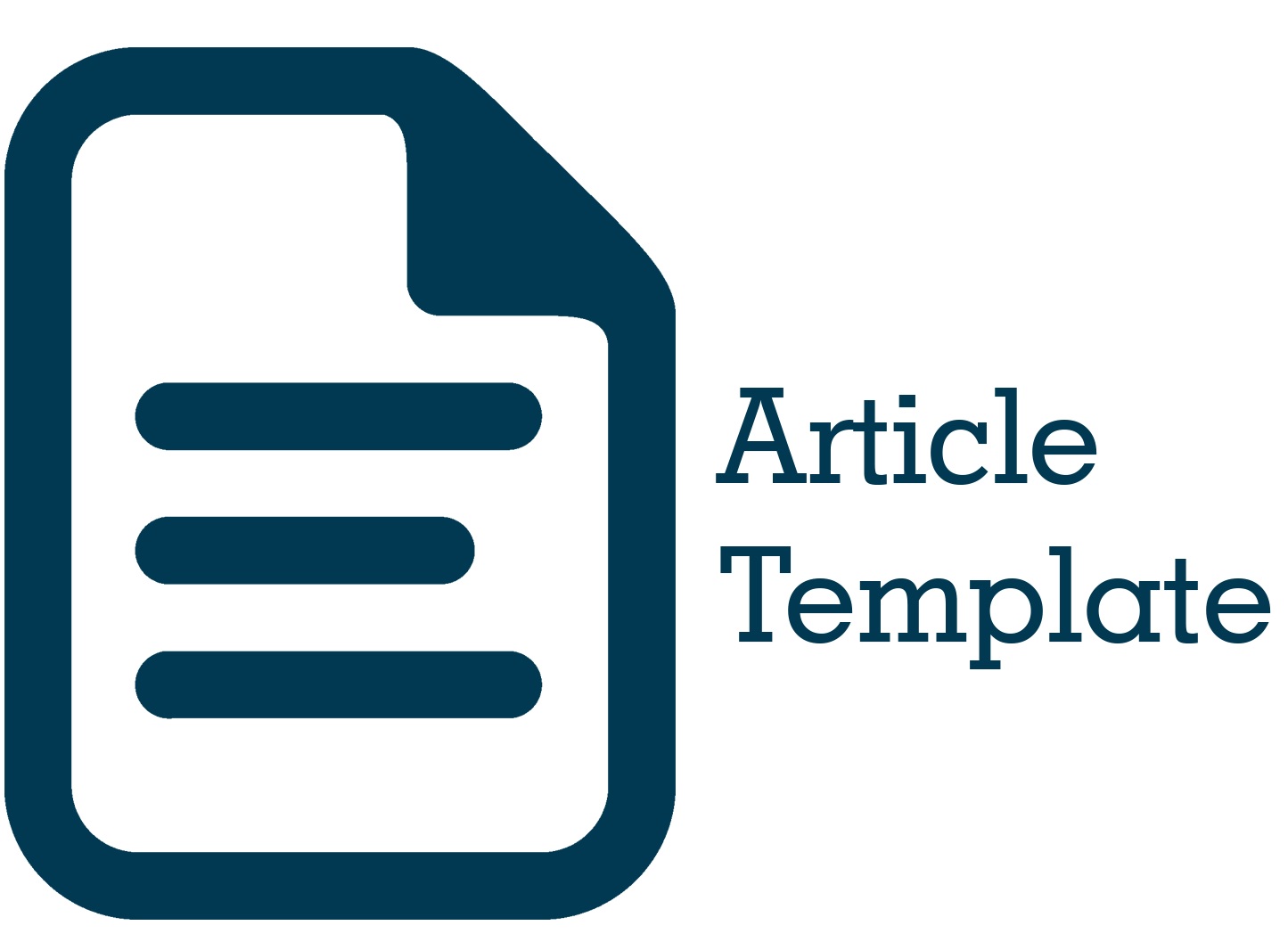Poverty Traps of Coastal Women; A Systematic Literature Review Approach
DOI:
https://doi.org/10.51135/PublicPolicy.v6.i2.p317-335Keywords:
Woman, Poverty, Household economy, Coastal areasAbstract
This study aims to explore the causes and potential solutions to poverty traps experienced by coastal women. Utilizing a systematic literature review method, the research identifies and synthesizes relevant findings from existing studies. The results reveal that the primary drivers of poverty among coastal women include disparities in educational attainment and limited access to economic resources. These constraints, coupled with restricted employment opportunities, contribute to economic dependency on male family members. Such dependency heightens the risk of domestic violence and reinforces the intergenerational transmission of poverty. To address this issue, the study recommends promoting women’s economic empowerment through entrepreneurship training and improved access to financial capital, which may enhance income generation and reduce economic vulnerability.
Downloads
References
Aditya, R., Ediyono, S., & Sugihardjo, S. (2023). The role of coastal women’s empowerment in achieving the success of sdgs: a study on the kebaya group, Bekasi. Prosperity Journal of Society and Empowerment, 3(2), 129–143. https://doi.org/10.21580/prosperity.v3i2.18192
Aldasoro-Said, G., & Ortiz-Lozano, L. (2021). Marine resource dependence in rural coastal communities south of the Reef Corridor of the Southwest Gulf of Mexico. Ocean & Coastal Management, 211, 105778.
Alie, A., & Elanda, Y. (2021). Feminisasi Kemiskinan Dan Daya Lenting Ibu Rumah Tangga Di Kota Surabaya. Jurnal Sosiologi Pendidikan Humanis, 6(2), 198. https://doi.org/10.17977/um021v6i2p198-215
Andriani, E., & Sunijati, E. (2023). Pengaruh Kewirausahaan Mikro Dan Pendidikan Perempuan Terhadap Pengentasan Kemiskinan Di Indonesia. Sanskara Ekonomi Dan Kewirausahaan, 2(01), 9–17. https://doi.org/10.58812/sek.v2i01.273
Ardini, A. (2022). Pengelompokan Daerah Provinsi Kepulauan Indonesia Berdasarkan Karakteristik Ekonomi Dan Potensi Perikanan Tahun 2020. Seminar Nasional Official Statistics, 2022(1), 1053–1062. https://doi.org/10.34123/ semnasoffstat.v2022i1.1335
ARIFUDDIN, A. D. E. A., Muta’al, R., & Amir, H. (2023). Pengaruh Pertumbuhan Ekonomi Dan Pengangguran Terhadap Kemiskinan Masyarakat Di Kabupaten Pangkajene Dan Kepulauan. Ijmst, 1(1), 17–24. https://doi.org/10.31004/ijmst.v1i1.53
Astuti, S. P., & Casmana, A. R. (2022). Eksistensi Perempuan Pesisir Dalam Relasi Gender Di Bidang Sosial Dan Ekonomi. Integralistik, 33(1), 10–15. https://doi.org/10.15294/ integralistik.v33i1.31774
Azizah, Y., Puspitawati, H., & Herawati, T. (2022). Pengaruh Dukungan Mantan Suami, Strategi Koping, Dan Relasi Orang Tua-Anak Terhadap Kebahagiaan Keluarga Tunggal. Jurnal Ilmu Keluarga Dan Konsumen, 15(2), 127–141. https://doi.org/10.24156/jikk.2022.15.2.127
Cao, S., & Zheng, H. (2016). Climate change adaptation to escape the poverty trap: role of the private sector. Ecosystem Health and Sustainability, 2(10), e01244.
Costantinus Sahanaya, Costansa Glory Lessil, A. J. L. (2023). Interaksi Sosial Dan Tingkat Pendapatan Nelayan Purse Seine Di Desa Latuhalat Kecamatan Nusaniwe Kota Ambon. Badati, 5(2), 132–148. https://ojs.ukim.ac.id/index.php/badati/article/ view/1124
Direja, S., & Paramitasari, N. (2022). Pengaruh Ketidaksetaraan Gender Pada Pendidikan Terhadap Kemiskinan Di Provinsi Banten. Jurnal Ilmiah Ekonomi Bisnis, 27(1), 58–70. https://doi.org/10.35760/eb.2022.v27i1.5063
Elanda, Y., & Alie, A. (2023). Perempuan Dan Perangkap Kemiskinan Di Kelurahan Wonokusumo Kota Surabaya. Jurnal Ilmu Sosial Dan Humaniora, 12(3), 518–529. https://doi.org/10.23887/jish.v12i3.67009
Eliza, E. (2021). Pembangunan Wilayah Kepulauan (Perencanaan Kebijakan Pemerintah Daerah Dalam Meningkatkan Pembangunan Di Kecamatan Selat Nasik). Jurnal Sosial Teknologi, 1(2), 57–65. https://doi.org/10.59188/jurnalsostech.v1i2.25
Fröcklin, S., Jiddawi, N., & Torre‐Castro, M. (2018). Small-scale innovations in coastal communities: shell-handicraft as a way to empower women and decrease poverty. Ecology and Society, 23(2).
Gai, A. M., Witjaksono, A., Sai, S. S., Wulandari, L. K., Jenahu, G. R., Levigo, V., & Antonius, P. (2023). Kemiskinan Berbasis Sustainable Livelihood Di Pedesaan Sekitar Destinasi Pariwisata Super Prioritas Labuan Bajo. Prosiding Semsina, 4(2), 96–100. https://doi.org/10.36040/semsina.v4i2.8144
Hahury, H. D., Louhanapessy, F. H., & Rumalolas, A. (2022). The Poor’s Coping Strategies in Overcoming Water Scarcity in Small Island, Eastern Seram Regency, Maluku. Sodality: Jurnal Sosiologi Pedesaan, 10(1), 44–57.
Hastuti, H. and Sutrisnowati, S. (2023). Women and the poverty trap (study on the south merapi slope). Geosfera Indonesia, 8(2). https://doi.org/10.19184/geosi.v8i2.34798
Hendri D. Hahury, Titi S. Prabawa, Pamerdi Giri Wiloso, Tontji Soumokil, M. L. N. (2019). The Role of Kewang Customary Institution as a Biosecurity Strategy of Community Livelihood Asset in Negeri Booi. Sodality Jurnal Sosiologi Pedesaan, 7(3), 212–223. https://jurnal.ipb.ac.id/index.php/sodality/article/view/28490
Hussin, H., & Khoso, A. (2017). Seaweed cultivation and coastal communities in Malaysia: An overview. Asian Fisheries Science, 30(2), 87–100.
Indrawarsih, R., & Ratri, A. M. (2023). Strategi Peningkatan Pendapatan Keluarga Nelayan Melalui Peran Perempuan: Studi Kasus Pada Komunitas Nelayan Demak, Jawa Tengah. Buletin Ilmiah Marina Sosial Ekonomi Kelautan Dan Perikanan, 9(1), 17. https://doi.org/10.15578/marina.v9i1.11743
Lestari, M., Harianto, H., & Falatehan, A. F. (2022). Strategi Alokasi Anggaran Bantuan Sosial Untuk Penurunan Kemiskinan Di Kabupaten Kulon Progo. Jurnal Manajemen Agribisnis (Journal of Agribusiness Management), 10(2), 745. https://doi.org/ 10.24843/jma.2022.v10.i02.p03
Luthvia, A. W., Triyono, T., & Sasongko, N. (2023). Pengaruh Kinerja Keuangan Daerah Terhadap Kemiskinan Di Jawa Tengah Dengan Pertumbuhan Ekonomi Sebagai Intervening. Journal of Economics and Business Ubs, 12(3), 1861–1880. https://doi.org/10.52644/joeb.v12i3.263
Matthews, E., Bechtel, J., Britton, E., Morrison, K., & McClennen, C. (2012). A gender perspective on securing livelihoods and nutrition in fish-dependent coastal communities. Report to The Rockefeller Foundation from Wildlife Conservation Society, Bronx, NY.
Oppier, H., Ramly, F., Matdoan, A., & Hahury, H. D. (2024). Aset Mata Pencaharian dan Efisiensi Model Rantai Pasok-Rantai Nilai Perikanan Tangkap Pelagis Kecil Masyarakat Pesisir Pulau Saparua. Jurnal Kebijakan Sosial Ekonomi Kelautan Dan Perikanan, 14(1), 65–79.
Puteri, V., Afada, H., & Setyaningrum, A. (2020). Peran gender dalam manajemen sumberdaya pesisir di pantai kuwaru. SENSISTEK, 3(1), 92–97.
Putrawan, M. (2023). Analisis Pengaruh Tingkat Pembangunan Gender Dan Produk Domestik Bruto Regional Terhadap Tingkat Keparahan Kemiskinan Pada Wilayah Kabupaten Dan Kota Di Pulau Jawa Tahun 2017-2021. Blantika Multidisciplinary Journal, 2(2), 179–185. https://doi.org/10.57096/blantika.v2i2.90
Rahmayani, M. (2021). Persepsi Masyarakat Terhadap Pentingnya Pendidikan Tinggi Untuk Kaum Perempuan. Jurnal Sosial Dan Sains, 1(9). https://doi.org/10.36418/ sosains.v1i9.169
Rodgers, Y., & Tanjeem, N. (2021). The Roles of Women. Understanding Contemporary Asia Pacific (Understanding: Introductions to the States and Regions of the Contemporary World)(2nd Ed., Pp. 353–384). Lynne Rienner Publishers.
Sarjana, S. R. I., Claudia, S. A., Ramadhina, A. T., & Suyanti, L. (2024). S-BESE: Strategy for Improving the Quality of Life for Coastal Area Communities in West Kalimantan. Jurnal Teknologi Lingkungan, 25(2), 219–230.
Sinaga, M., Damanik, S. W. H., Zalukhu, R. S., Hutauruk, R. P. S., & Collyn, D. (2023). Pengaruh Pendidikan, Pendapatan Per Kapita Dan Pengangguran Terhadap Kemiskinan Di Kepulauan Nias. Jurnal Ekuilnomi, 5(1). https://doi.org/10.36985 /ekuilnomi.v5i1.699
Snyder, H. (2019). Literature review as a research methodology: An overview and guidelines. Journal of Business Research, 104, 333–339. https://doi.org/ 10.1016/j.jbusres.2019.07.039
Sodah, Y. (2023). Kekerasan Terhadap Perempuan: Pencegahan Dan Penanganan Suatu Tinjauan Psikologi Sosial. Syntax Idea, 5(11), 2327–2336. https://doi.org/10.46799/syntax-idea.v5i11.2912
Sukmana, A., Fathorrazi, M., & Hanim, A. (2024). Analisis Faktor Yang Mempengaruhi Kemiskinan Gender Di Indonesia Tahun 2012 - 2021. Jurnal Ekuilibrium, 8(1), 14. https://doi.org/10.19184/jek.v8i1.41593
Sulaeman, R., Sari, N. M. W. P. F., Purnamawati, D., & Sukmawati, S. (2022). Faktor Penyebab Kekerasan Pada Perempuan. Aksara Jurnal Ilmu Pendidikan Nonformal, 8(3), 2311. https://doi.org/10.37905/aksara.8.3.2311-2320.2022
Taufiq, N. (2018). Sektor Informal Dan Pengaruhnya Terhadap Perubahan Status Kemiskinan Rumah Tangga Di Indonesia. Sosio Konsepsia, 7(1), 1–14. https://doi.org/10.33007/ska.v7i1.1148
Uduji, J. I., & Okolo-Obasi, E. N. (2020). Does corporate social responsibility (CSR) impact on development of women in small-scale fisheries of sub-Saharan Africa? Evidence from coastal communities of Niger Delta in Nigeria. Marine Policy, 118. https://www.sciencedirect.com/science/article/abs/pii/S0308597X18306195

Downloads
Published
How to Cite
Issue
Section
License
Copyright (c) 2025 author(s)

This work is licensed under a Creative Commons Attribution-ShareAlike 4.0 International License.
Authors whose manuscripts are published in the Journal of Public Policy must agree to the following terms;
- Publication rights for all manuscript materials published are held by the editorial board with the author's consent.
- The legal formalities for digital access to the Journal of Public Policy are subject to the Creative Commons Attribution Sharealike (CC BY SA) license, which means the Journal of Public Policy has the right to store, redistribute, reformat, manage in a database, maintain, and publish the manuscript without seeking permission from the author as long as the author's name is included as the copyright owner.
- Published manuscripts are open access for the purpose of disseminating research results. Besides this purpose, the editorial board is not responsible for copyright law violations.


.png)



